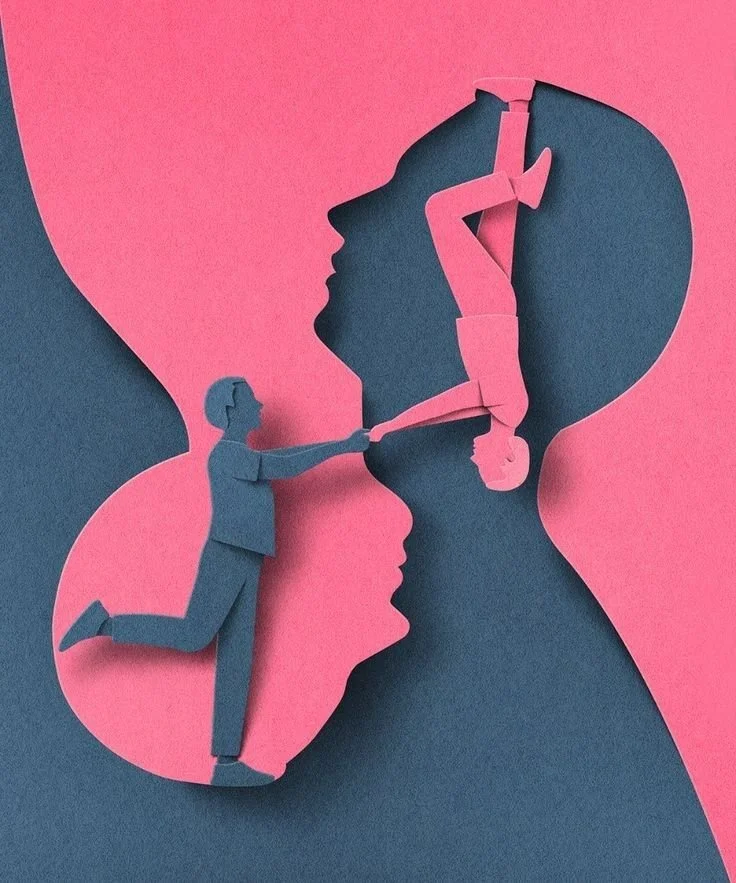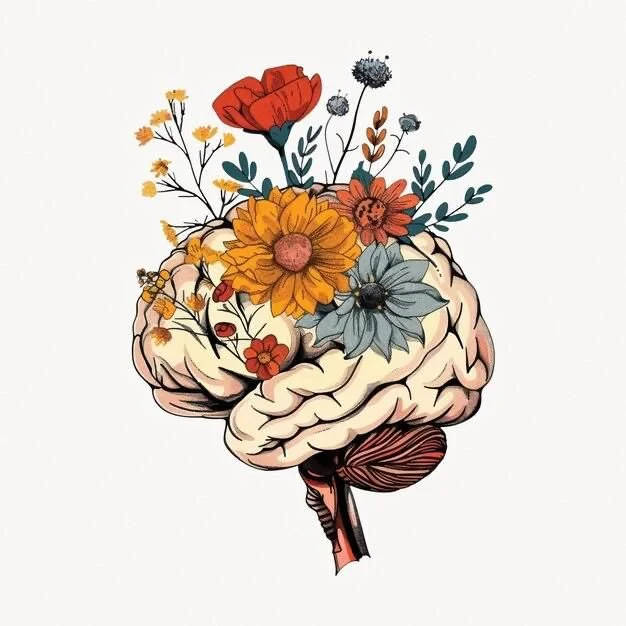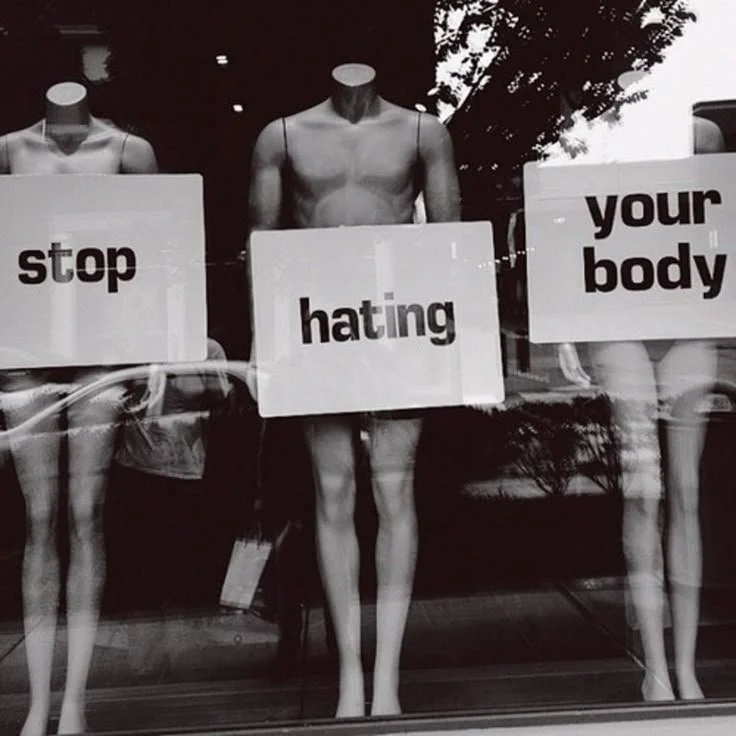The Inner Critic vs. The Inner Nurturer: Finding a Kinder Voice Within
We live in a world that often amplifies our inner critic - through comparison, expectations, and pressure to “do more.” But within us is also the capacity for gentleness. The inner nurturer is not about excusing mistakes or ignoring reality. It’s about walking through life with a little more kindness, patience, and hope.
So the next time you hear that familiar harsh voice inside, pause and ask: What would my inner nurturer say to me right now?
Because sometimes, the most radical step toward healing isn’t pushing harder - it’s choosing to treat ourselves with the same care we long to give others.
Some Days You Just Want to Hide
Wanting to withdraw does not mean you’re broken. It means you are sensing limits and asking for care. Imagine your inner self as a house after a storm: some rooms need a bit more time to dry out and be made cozy again. Retreat is not failure - it can be the first step toward repair.
Fear: The Quiet Force That Shapes Us, and How to Live Beyond It
We like to think of fear as something we feel only in moments of danger. But often, and silently, fear lives in the everyday - in our relationships, our work, our hopes for the future. It’s in the hesitation before we say how we really feel. It’s in the decision we avoid making because we’re afraid of what it might set in motion. It’s in the way we hold on too tightly to people or roles because we can’t imagine life without them.
The Words We Whisper: How Self-Talk Shapes Our Inner World
We all have an inner voice - the quiet narrator that comments on our day, our choices, our mistakes, and our worth.
Sometimes it's gentle. Supportive. A steady hand on our back.
But other times, it’s harsh, it’s relentless. A voice that doesn’t sound like ours, yet speaks with so much control and authority.
This is self-talk - the way we speak to ourselves when no one else is listening. And while it may seem like background noise, it quietly defines the landscape of our inner world.
“Not Good Enough”: The Quiet Belief That Dims Even the Brightest Light
The world doesn’t need a more polished, perfect, or “proven” version of you - it needs a realer one.
One that knows growth isn’t the opposite of enough-ness - it’s born from it.
So the next time your mind says, “I’m not good enough,”
Pause.
Breathe.
And remember: That voice is loud, but it isn’t the truth.
You are already becoming, just by being here.
The Psychology of Body Image: How to Build Self-Acceptance
Body image isn’t really about the body.
It’s about how we feel about the body.
How we were taught to see ourselves. How we've come to believe we must look to be accepted, loved, or even just… enough.
And in a world that often sells beauty as a currency of worth, the way we view our own bodies can quietly shape our confidence, our relationships, our eating habits, and even our willingness to take up space.
But body image is not fixed.
Like any belief, it can evolve.
With compassion, awareness, and psychological insight, we can learn to stop fighting our bodies—and start coming home to them.







